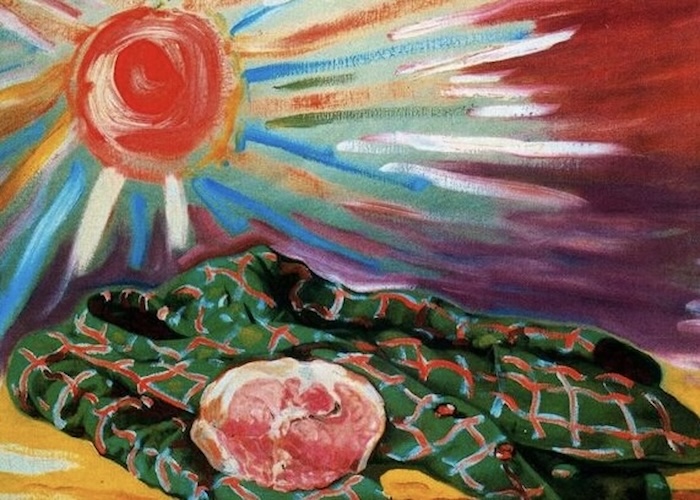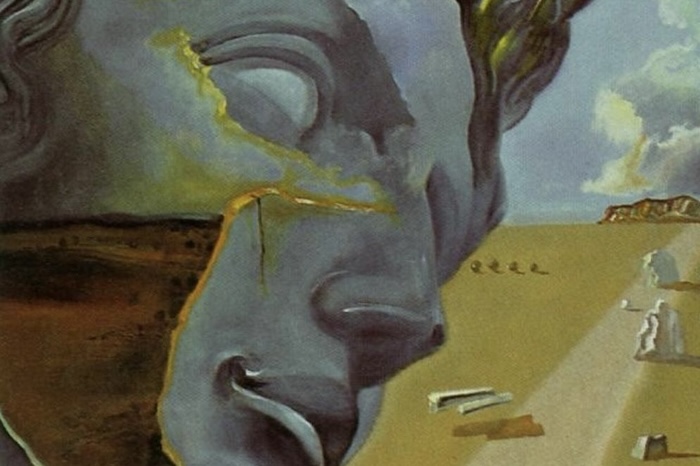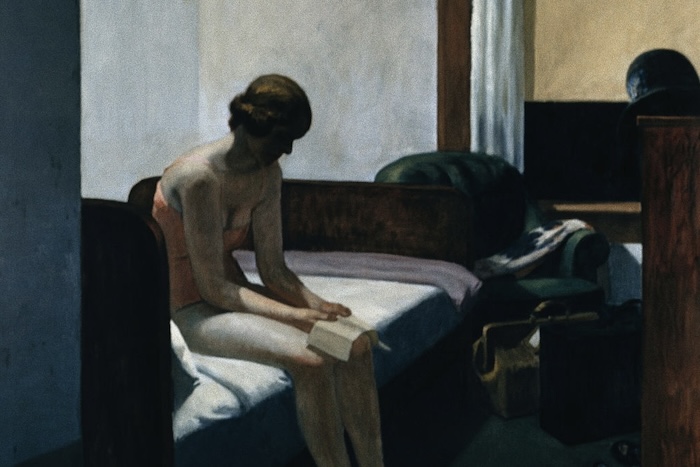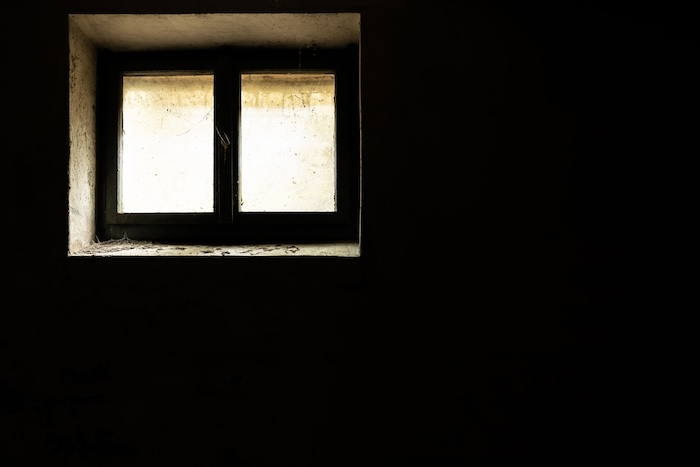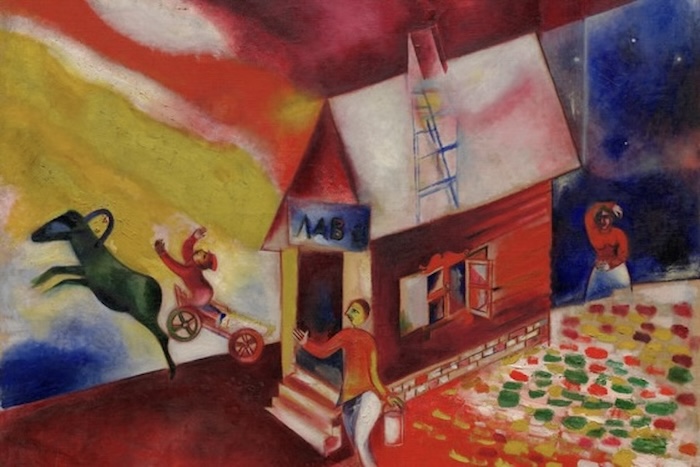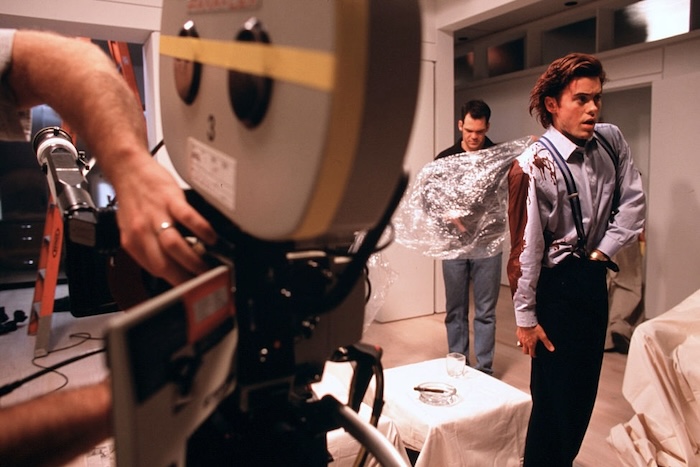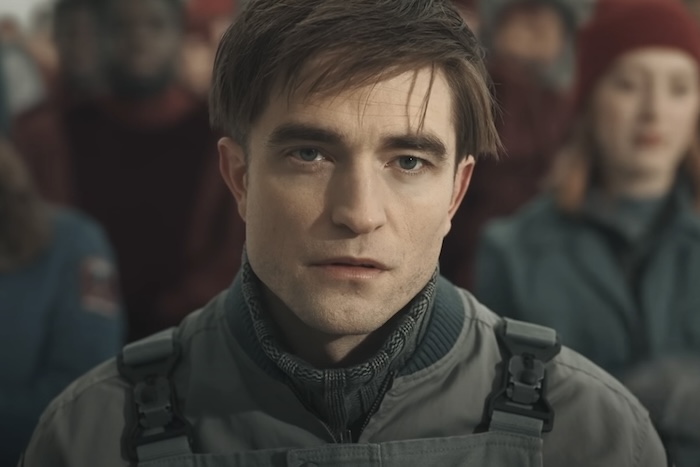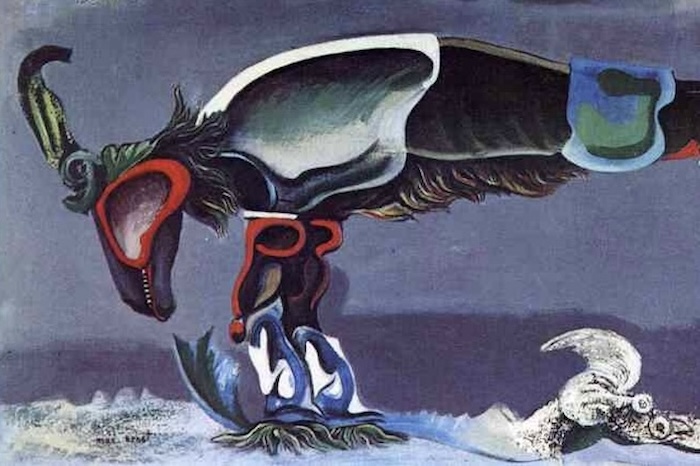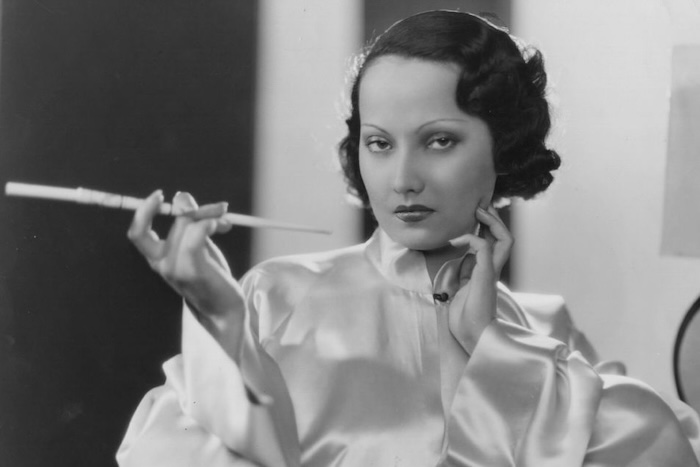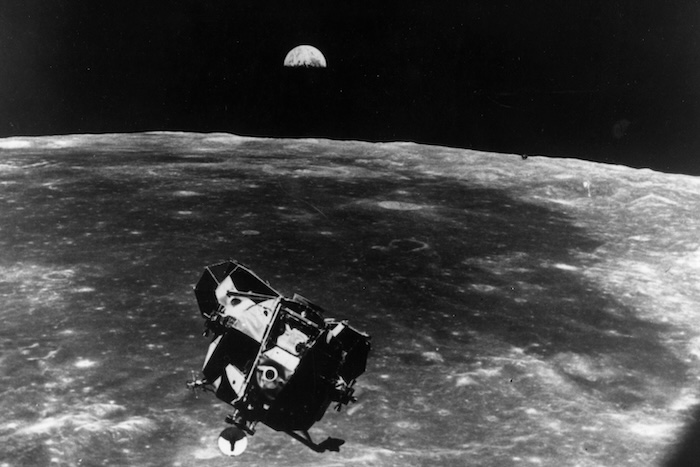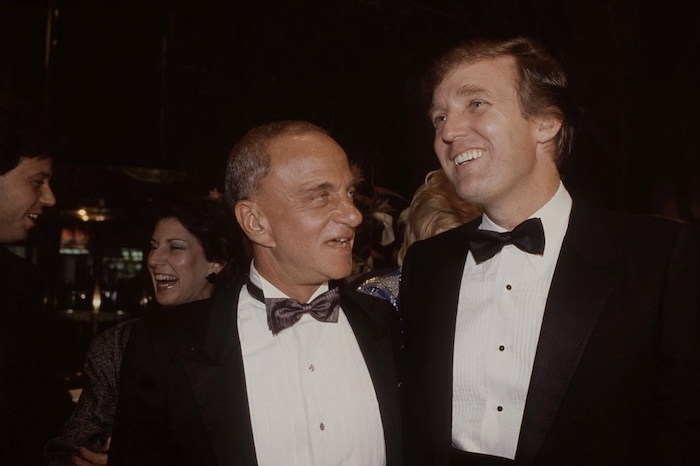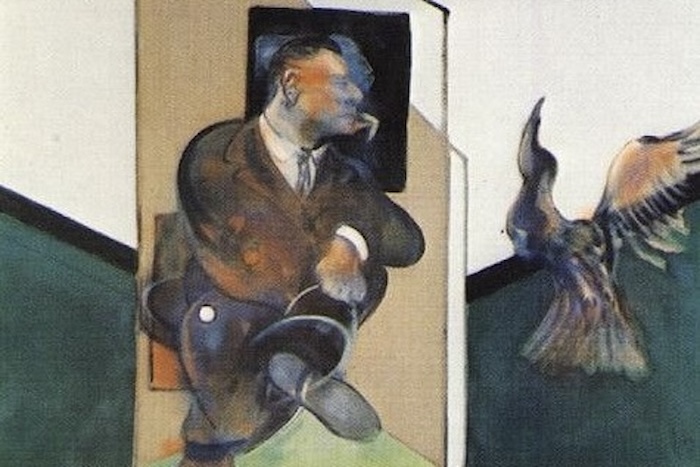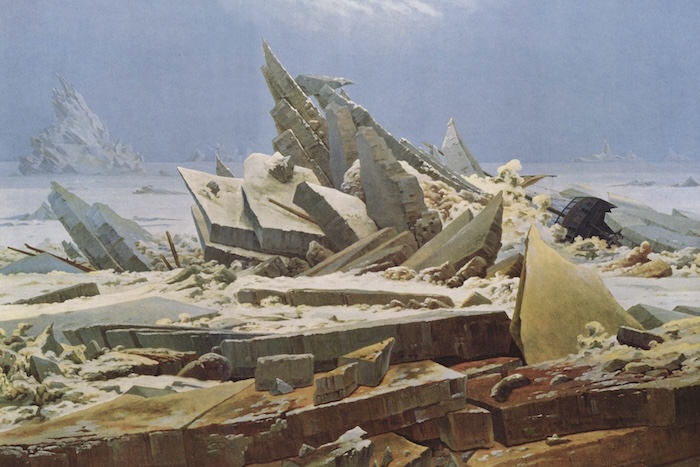
Kill the Editor: On the End of Literary Prestige
Twelve years ago, editors at The Paris Review held an open Q&A session on Reddit. One user asked how many unsolicited submissions the magazine receives on average in a period. The editors said around 15,000 a year. In response to a related question, they also disclosed that they rarely accept any manuscripts in the unsolicited category, affectionately referred to as the slush pile. For the most part, the slush pile is read by interns who pass along their favorites to be ignored by the editors. Unless you have a supremely well-connected agent or you commandeer George Plimpton’s corpse for a Weekend at Bernie’s style gesticulatory endorsement, if you submit a story or poem or essay to The Paris Review, you won’t be published, you won’t enjoy a working relationship with a world-class editor, your prose will mold without that premium-grade varnish, that vaunted seal of craftsmanship that only a rigorous editor can give, you won’t be invited to parties in New York City, you may be forced to submit your slush to small presses, or, worst of all, you’ll sink all the way down to the level of Substack, living out the rest of your days writing rude essays like a bucktoothed yahoo. So why worry about prestige publications?


